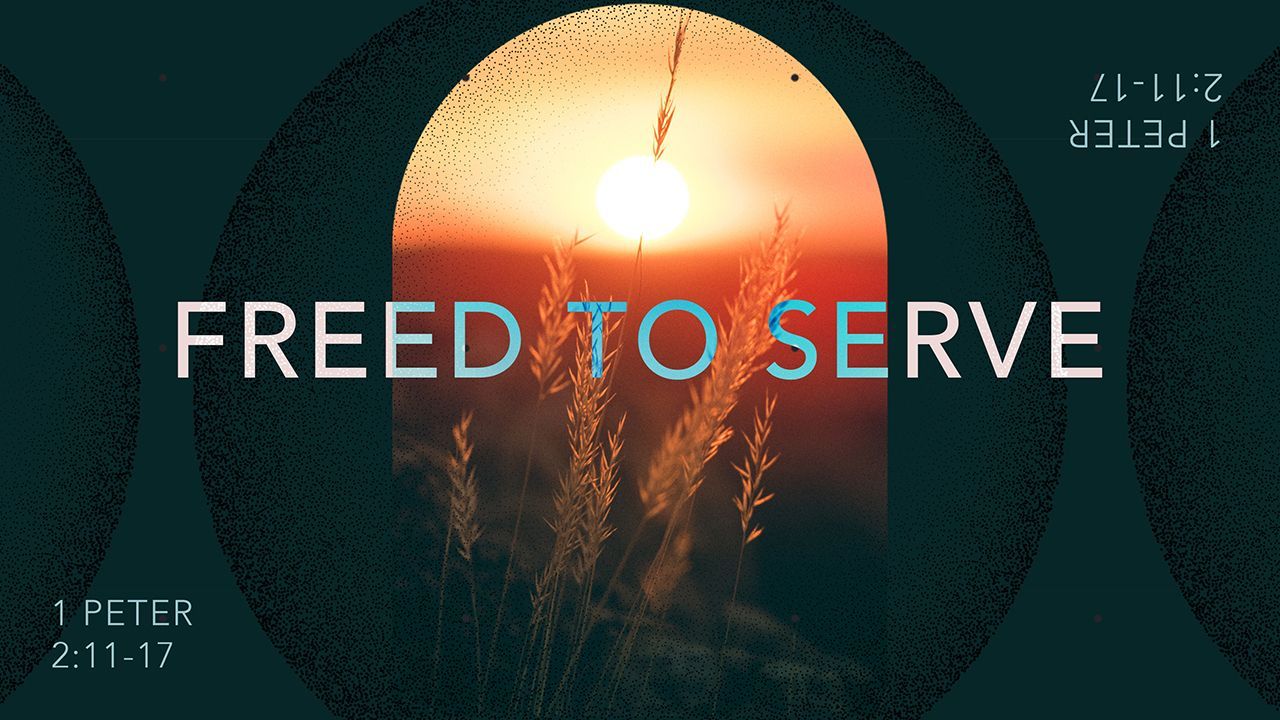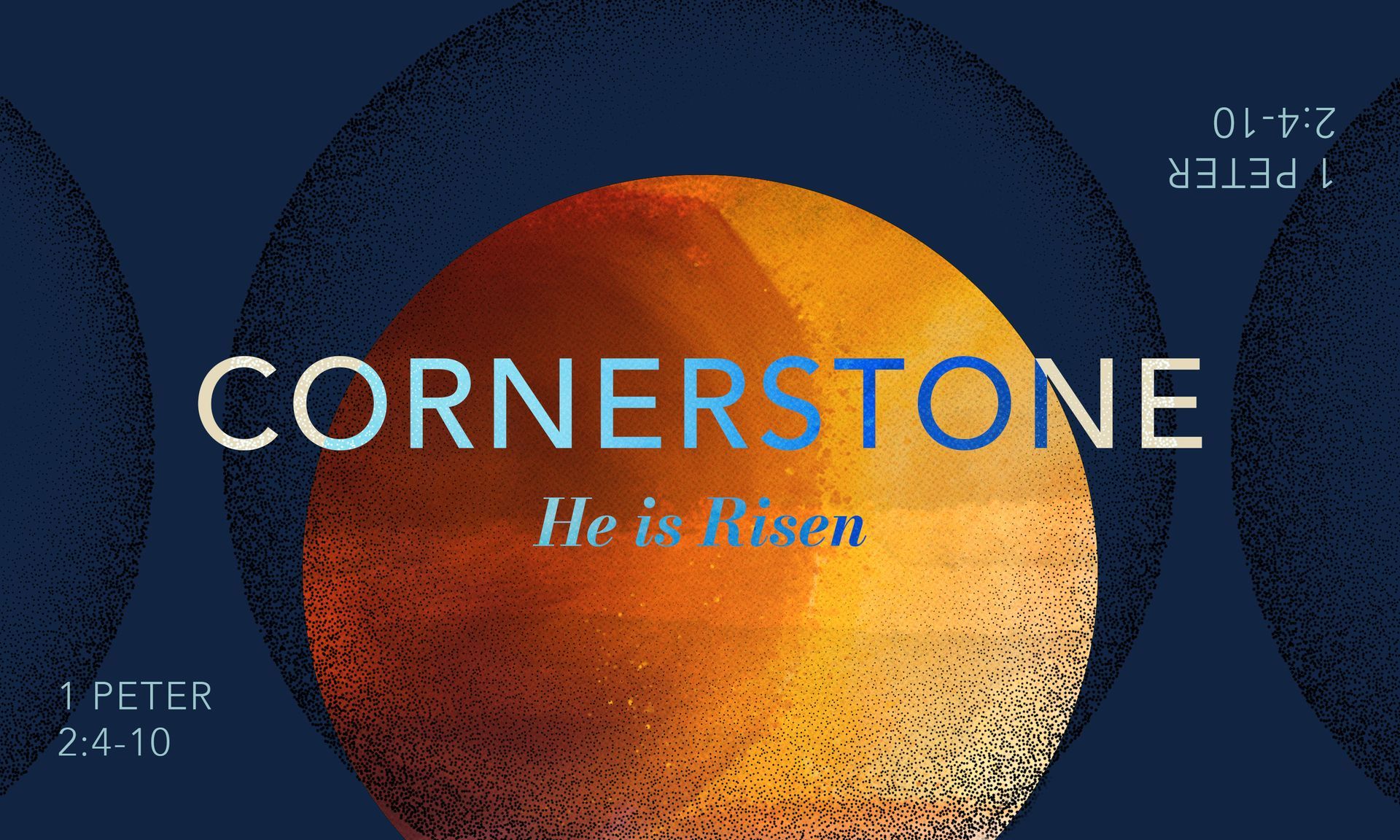To Fast or not to Fast
Notes from Pastor Lance Shumake's message on Zechariah 7:
Our passage this week (Zechariah 7) comes right in the middle of Jerusalem's temple rebuilding project. In the passage, there is a delegation that comes from the city of Bethel. People have come back from the exile and settled there. They have heard that the temple is being rebuilt and that there are prophets again. They have questions that they want answered.
In the Old Testament, there was a commandment to fast on the day of atonement. After the fall of Jerusalem, they developed four specific fasts to commemorate what happened.
The delegation from Bethel asked a question specifically about the fast on the 18th day of the fifth month when the temple was destroyed. Now that the temple was being rebuilt, they wanted to know if they still needed to fast.
The question was to fast or not to fast.
Fasting is a form of self denial. God points out that you can do something to deny yourself, but still do it for selfish gain. This gives us a chance to examine our own hearts and gives us three warnings...
(1) Make sure you aren’t serving for the wrong reasons.
It is so easy for us all to serve for the wrong reasons; we need to watch our hearts! We can even attend worship services for the wrong reasons. Every Sunday we get to gather with God's people to be reminded of who we are in Christ. There are so many blessings that come to us when we are serving and engaging with God's people, but it is so easy to make everything about us.
Why do we gather? Because our God is so great he is worthy of our praise! When we make it about Him, He pours into us!
(2) Make sure we aren’t mourning the consequences more than the sin.
Our God Is a good father and he disciplines his children that he loves. When we step out of bounds he wants to draw us back near to him!
(3) Make sure we aren’t seeking new experiences over Gods word
We need to be reminded of these truths that are timeless. His Word is all we need!
Amos 5:21-24 says,
“I hate, I despise your feasts, and I take no delight in your solemn assemblies. Even though you offer me your burnt offerings and grain offerings, I will not accept them; and the peace offerings of your fattened animals, I will not look upon them. Take away from me the noise of your songs; to the melody of your harps I will not listen. But let justice roll down like waters, and righteousness like an ever-flowing stream."
The answer is not to stop serving, it is to align our hearts.
The fasting God desires…
- Seek justice
- Show kindness and mercy
- Give compassion to those in need
His goal for us is to follow Him and align our hearts to Jesus. He is reminding us of God's character, who He is. All of this is only a response because God has decided to show these desires to us.
The prophet Isaiah said the same thing,
“Is not this the fast that I choose:
to loose the bonds of wickedness, to undo the straps of the yoke, to let the oppressed go free, and to break every yoke? Is it not to share your bread with the hungry and bring the homeless poor into your house; when you see the naked, to cover him, and not to hide yourself from your own flesh?" (Isaiah 58:6-7)
There are two responses to this...
(1) Refuse
(2) Repent
Jesus Christ took this away for us! When you repent and turn away from your sins, Jesus is there with welcoming arms!
When you've done stuff for the wrong reasons, when you've run far from him, when you didn't trust Him... the answer is to REPENT. To turn back to Him and receive his kindness, his compassion, and his love.
We can approach the throne of grace with confidence -- not because we've done this right, we've messed it up -- because Jesus was perfect and he gave us His obedience and righteousness. He made a way when there was no way.





